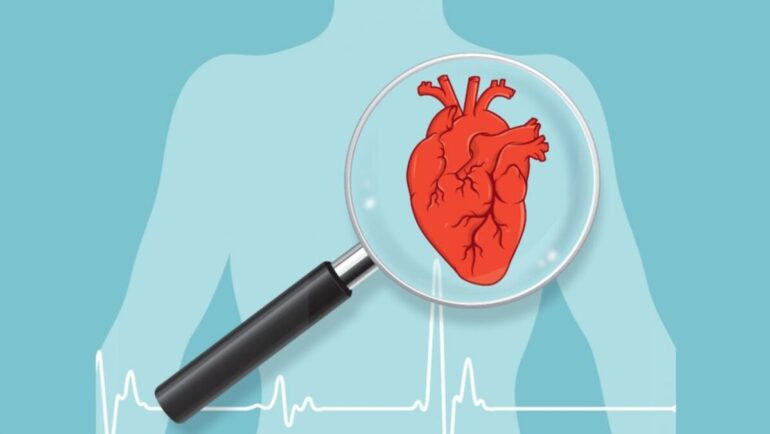TL;DR:
- Fountain Life’s AI coronary artery scan detects heart attack risks years before symptoms appear.
- The outpatient procedure uses AI to analyze CAT scan results for precise plaque detection.
- AI offers a non-invasive alternative to costly cath lab procedures.
- Fountain Life aims to transform healthcare from reactive to proactive using AI.
- AI technology aids in early detection in body imaging for plaque and cancer.
- Testimonial highlights life-saving potential of AI heart scans.
Main AI News:
In the realm of cardiovascular health, a staggering revelation has emerged – almost half of all heart attacks unfold without any forewarning signs, making them ‘silent’ and perilous. However, an incredible breakthrough in medical technology aims to tackle this grave concern head-on, leveraging the power of Artificial Intelligence (AI) to detect pre-symptomatic heart conditions.
Fountain Life, a pioneering health technology company, has unveiled its AI coronary artery scan, designed to identify heart attack risks a staggering three, five, or even 10 years before symptoms manifest. The process, a simple and efficient outpatient procedure taking less than an hour, entails injecting a benign dye into the vein, followed by a swift CAT scan of the heart.
This cutting-edge technique offers an advancement over the traditional Coronary Computed Tomography Angiography (CCTA), as it employs AI to interpret the results instead of relying solely on cardiologists or radiologists. The AI algorithms, with unparalleled precision, detect even minute quantities of plaque, differentiating between stable and high-risk types, which are otherwise invisible to the human eye.
Bill Kapp, the CEO of Fountain Life and an orthopedic surgeon with a background in molecular immunology and genetics, explains that uncalcified plaque, the softer and newer variety, poses a higher risk of rupture. Beyond merely detecting risk indicators, this groundbreaking test also provides pathways for individuals to reverse heart disease effectively.
The significance of this revolutionary technology cannot be overstated, as it offers a non-invasive alternative to the more expensive “cath lab” procedure, which involves inserting a catheter into the artery. Currently, Fountain Health’s AI health services are accessible to self-insured employers and high-end residential centers, with plans to collaborate with physicians to expand its availability further.
Fountain Life’s core mission, as described by Kapp, is to transform the healthcare paradigm from “episodic and reactive” to “proactive and continuous.” By training AI on asymptomatic data, the company seeks to detect diseases early on, facilitating effective monitoring of progression or regression. The integration of AI into the healthcare domain has been instrumental in various aspects, particularly body imaging techniques for early plaque and cancer detection.
One exemplary case highlights the life-saving potential of this cutting-edge technology. Raman Velu, a 62-year-old real estate investment consultant, who lived an active lifestyle, was taken by surprise when his AI coronary artery scan revealed three potential blockages. Despite displaying no symptoms or family history, Velu underwent bypass surgery soon after, undoubtedly averting a potential catastrophe.
Fountain Life’s AI technology is intended to augment rather than replace the expertise of cardiologists. Like a jumbo jet on autopilot, skilled professionals continue to oversee its functions. Nevertheless, the integration of AI into the healthcare sector faces some challenges due to the “clinical latency gap,” with slow adoption rates by physicians. Kapp emphasizes the need to address this gap and increase awareness of the transformative impact of AI in healthcare.
With minimal risks and low-dose radiation exposure akin to a transatlantic flight, the AI artery scan is a safe and promising diagnostic tool. Fountain Life envisions a future where early detection and low-cost interventions pave the way for healthier, more fulfilling lives. By tackling health problems at their root cause, we move closer to a society free from the burdens of existing health issues.
Conclusion:
Fountain Life’s AI heart scan represents a groundbreaking advancement in cardiac healthcare. The integration of AI for early detection and prevention of heart conditions will significantly impact the market, leading to increased demand for proactive health services and a shift towards preventive healthcare approaches. This transformative technology will likely revolutionize the way we approach heart health and potentially pave the way for further applications of AI in the medical field. Businesses in the health technology sector should take note of this extraordinary breakthrough and explore opportunities to incorporate AI-driven solutions in their offerings.

